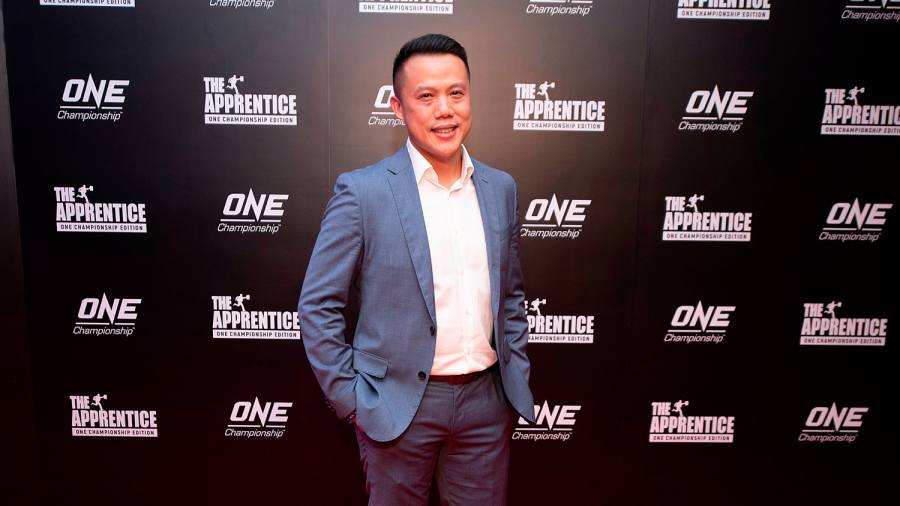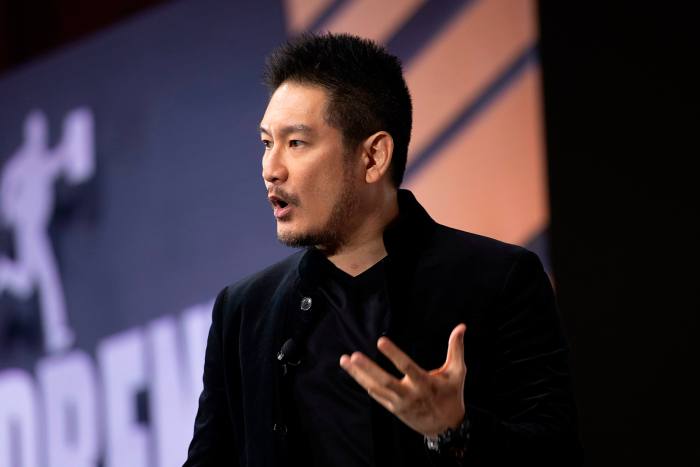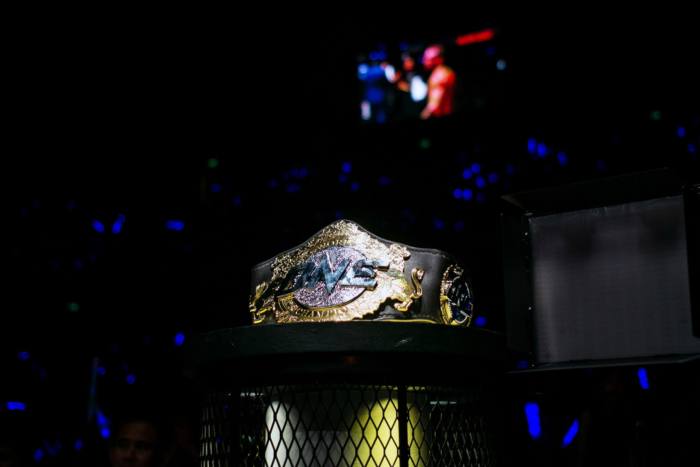
Singapore’s mixed martial arts promoter One Championship is expecting to reach profitability in a few years, its group president told Nikkei Asia, though he noted that the company was still prioritising investments to cement its global position outside Asia.
From eye-catching short highlights on Facebook to live broadcasts on streaming services such as Amazon’s Prime Video, the combat sports brand’s fights have become ubiquitous across many tech platforms, gaining global reach thanks to more viewers staying at home during the Covid-19 pandemic.
Even as one of the fastest-growing digital sports companies — with as many as 14bn views globally last year across social media platforms — One Championship is still focused on investing in overseas expansions in North America, particularly the US, where US promoter the Ultimate Fighting Championship (UFC) has a stronghold.
“We’re not there yet [to break even]. It could take a few years. The clear thing is that we’re on our way,” One Championship group president Teh Hua Fung said in an interview.

This article is from Nikkei Asia, a global publication with a uniquely Asian perspective on politics, the economy, business and international affairs. Our own correspondents and outside commentators from around the world share their views on Asia, while our Asia300 section provides in-depth coverage of 300 of the biggest and fastest-growing listed companies from 11 economies outside Japan.
Subscribe | Group subscriptions
At a time of market uncertainty, when more investors are placing greater scrutiny on profitability, One Championship’s challenge highlights whether high-growth companies needing heavy investments can prove their growth stories from the initial lossmaking stage.
Teh said he was confident the group’s business model was “inherently profitable”, adding that “revenue will grow very quickly” once the company has strong brand recognition and the content to lure viewers in overseas markets.
“It’s like a theme park, or a piece of art — when it’s not done, it’s not worth much,” said Teh, “but when it’s done, it’s worth a lot.”
“If you try to monetise too early, you actually limit your growth,” he added.

Founded in 2011 by chair and chief executive Chatri Sityodtong, a martial arts instructor turned entrepreneur with a Thai father and a Japanese mother, One Championship began mainly as a promoter of live events. Investors include Singapore’s Temasek Holdings and America’s Sequoia Capital.
Since the late 1990s, combat sports have been through a dramatic rise and fall. In Asia, Japan’s K-1 professional kick-boxing reached its height, followed by the mixed martial arts brand Pride, which at one point was one of the biggest competitors to UFC.
But One Championship saw south-east Asia’s potential, with its traditionally rich martial arts culture, including muay Thai, silat melayu in Malaysia, the Philippines’ eskrima or Myanmar’s lethwei.
Apart from mixed martial arts, the company has featured muay Thai, submission grappling and Burmese boxing, making it a bigger platform than UFC in terms of the number of disciplines.
While past Asian promoters had to rely on television broadcasts, One Championship took advantage of the rapid penetration of smartphones in the region.
“In the old days, it was all about TV networks and TV stations,” said Teh. “Digital players are becoming right up there in the game.”
The company has been expanding its media and digital revenue sources, such as media rights and sponsorships, which now account for more than half of its total revenue, according to Teh. In 2018, it became a unicorn, an unlisted company whose value tops $1bn, distributing content to over 150 countries.
“This is an intellectual property business where you have to grow the IP to an appropriate scale before the revenue happens,” said Teh. “The challenge is building the IP and getting it to a point where you have product and brand leadership and big distribution.”

The years of the Covid-19 pandemic had brought a mix of “good and bad”, Teh added. The absence of live events hit ticket sales and hosting fees, which are some of its main revenue sources.
Still, Teh said, 2021 turned out to be a “record year” for revenues, as the company was able to get wider viewership and license fees.
According to a Nielsen report released in April, One Championship ranked second overall in digital viewership for global sports properties, just after the National Basketball Association of North America.
The combat sports company has travelled across platforms and is now venturing overseas with more partnerships to gain an audience beyond its main Asian markets.
In April, it announced a five-year distribution deal with Amazon’s Prime Video to broadcast live events to the US and Canadian markets.
“The more people watch us, the more they will know the brand and we get to acquire new fans in the world’s largest sports market, and we’re aiming to have physical live events in the US next year,” said Teh.
The overseas expansion follows its latest $150mn funding in December last year, led by Guggenheim Investments and the Qatar Investment Authority. The round is reported to have given the group a valuation of $1.35bn.
Whether the company can gain traction in the US, however, will be crucial to proving its growth story ahead of its much-anticipated initial public offering. Parent company Group One Holdings has reportedly chosen the US for an IPO.
“A potential IPO is one of several options we are considering to raise capital in the long term. We want the company to be ready because you never know when markets will turn. But there’s no immediate [plan],” said Teh.
“What we are focused on now is being good stewards of the money that we raised.”
A version of this article was first published by Nikkei Asia on September 26 2022. ©2022 Nikkei Inc. All rights reserved.

